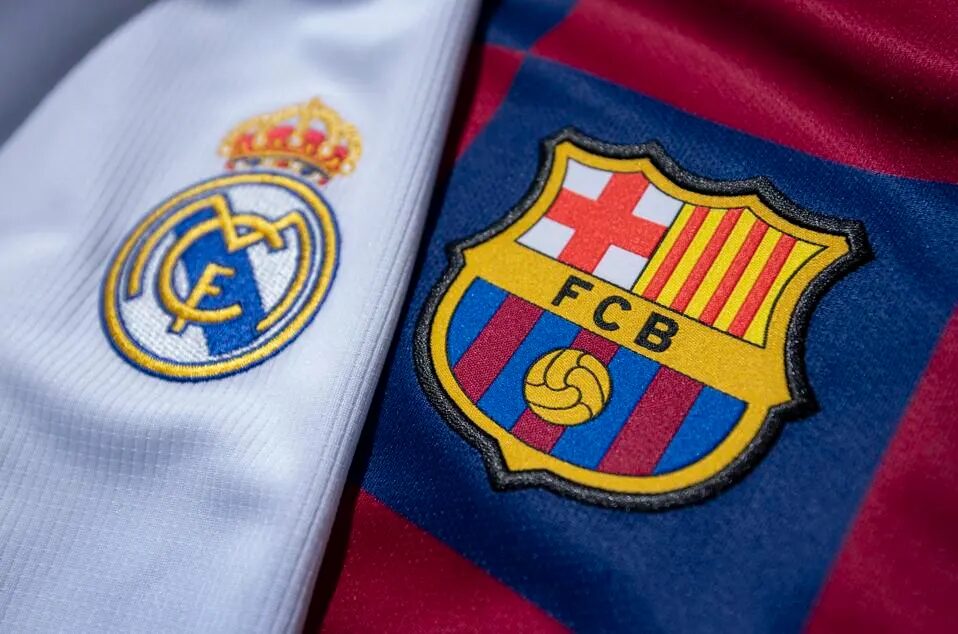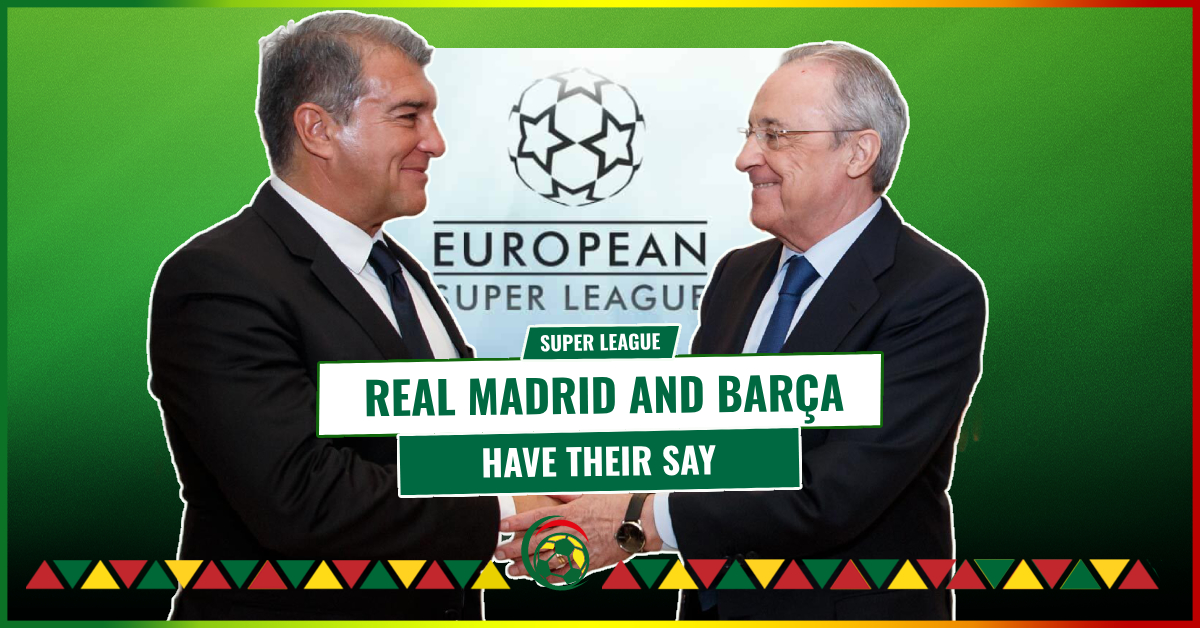As expected on Thursday 21 December, the European Court of Justice has ruled definitively in favour of the Super League proposed by Real Madrid and Barça. In conflict with UEFA over this highly controversial project, the big Spanish clubs finally have the green light to go ahead with their project.
For several months now, Europe has been abuzz with debate over the introduction of a new competition known as the Super League. Backed by Real Madrid, Barça, Juventus and many others, this competition, which is supposed to save football, particularly clubs, from the financial crisis, is not unanimously supported. Initially there were almost a dozen signatories, but in the end there were only two to keep the project alive after UEFA vetoed its monopoly on the organisation of club competitions.

While the case was referred to the European courts for a final decision on whether or not Super League can finally take place, the final verdict has come down, and it is not good news for UEFA. On Thursday, the Court of Justice of the European Union (CJEU) ruled that UEFA and FIFA’s rules on the authorisation of competitions such as Super League infringe European Union law. In short, the Court ruled that UEFA and FIFA’s ban on clubs and players taking part in this new competition is “illegal”.
The CJEU press release
“The rules of FIFA and UEFA on the prior authorisation of interclub football competitions, such as the Super League, infringe Union law. The rules of the Fédération Internationale de Football Association (FIFA) and of the Union of European Football Associations (UEFA) requiring prior authorisation for the creation of any new club football competition, such as the Super League, and prohibiting clubs and players from taking part in it, on pain of sanctions, are unlawful”, reads the Court’s statement.

Further on, the CJEU stresses that Alexander Ceferin’s UEFA and Gianni Infantino’s FIFA must comply with competition rules without abusing them. It also criticised the two organisations for their rules on the exploitation of media rights.
“FIFA’s and UEFA’s powers are not governed by any criteria to ensure that they are transparent, objective, non-discriminatory and proportionate. Similarly, the rules giving FIFA and UEFA exclusive control over the commercial exploitation of the rights relating to these competitions are likely to restrict competition, given the importance of these competitions for the media, consumers and television viewers in the Union”.
Super League organisers delighted
“A source close to A22, the promoter of the Super League, said: “It was a total victory beyond our expectations. “We have won the right to exist. UEFA’s monopoly is over. Football is free. The clubs are now free from the threat of sanctions and free to determine their own future,” CEO Bernd Reichart said of the CJEU ruling.
It should also be noted that the Court of Justice tempered its verdict somewhat by pointing out that a competition such as the Super League project does not necessarily have to be authorised. In fact, the Court, having asked a general question about FIFA and UEFA rules, did not take a position on this specific project in its ruling.
Now that the ruling has been handed down, it remains to be seen how Real Madrid and Barça will go about convincing European clubs to sign up to the project, in which they expect to pocket €1 billion as soon as it is up and running.

Leave a Reply